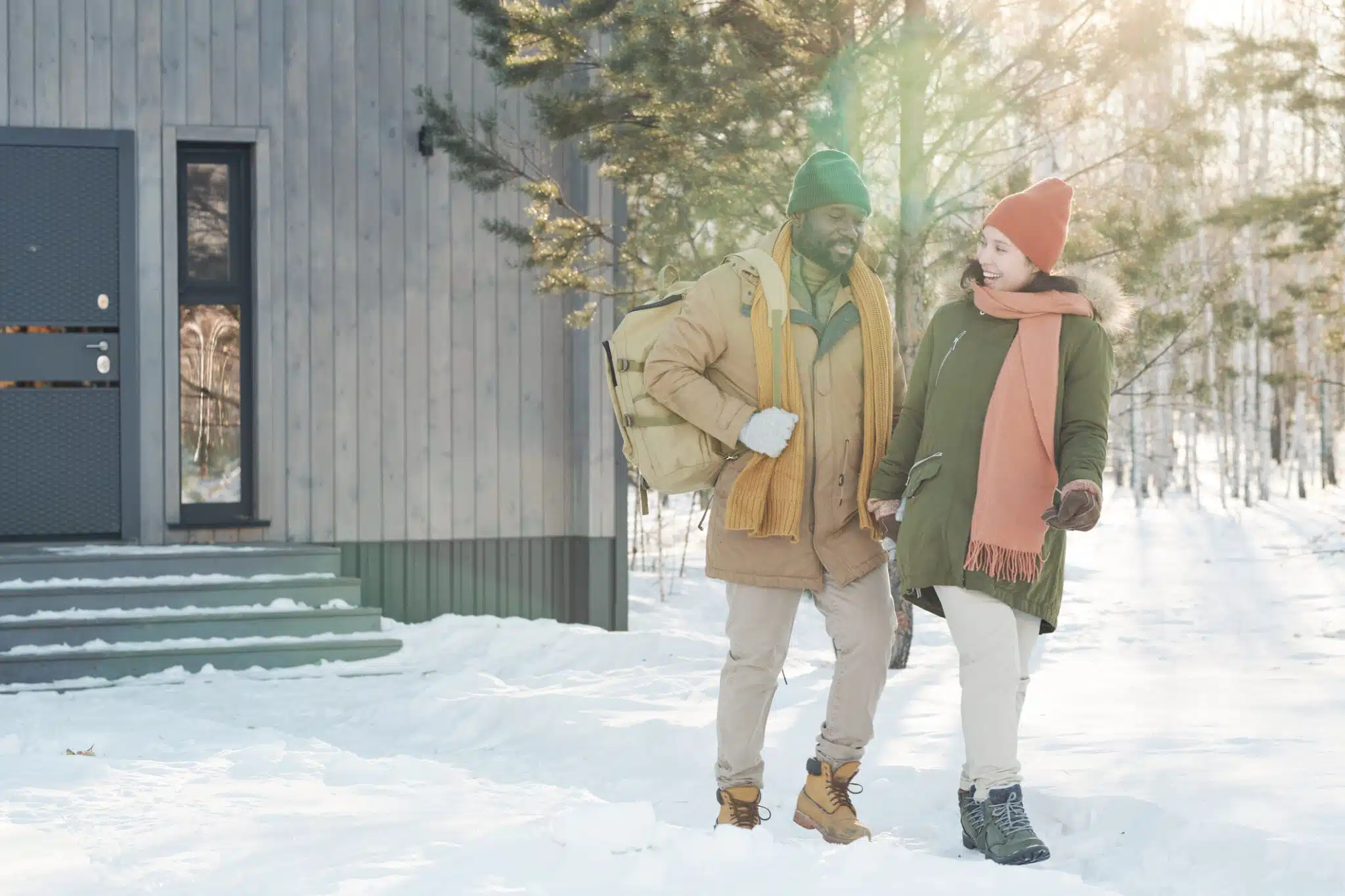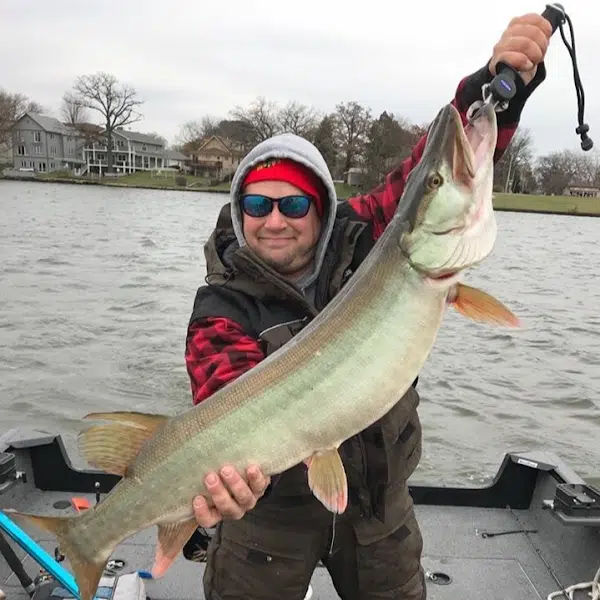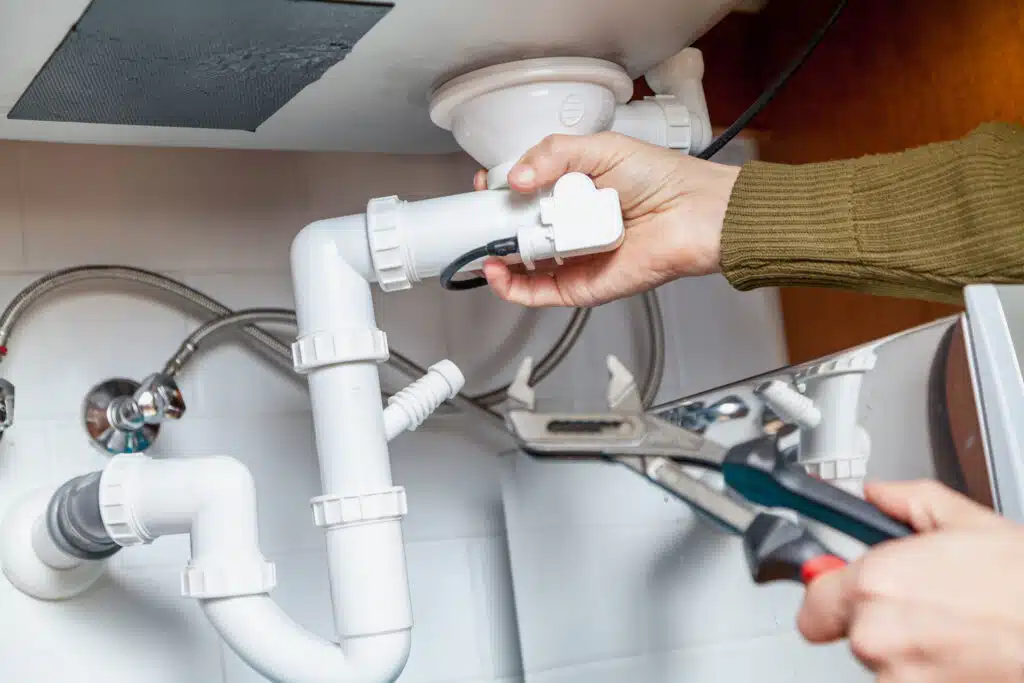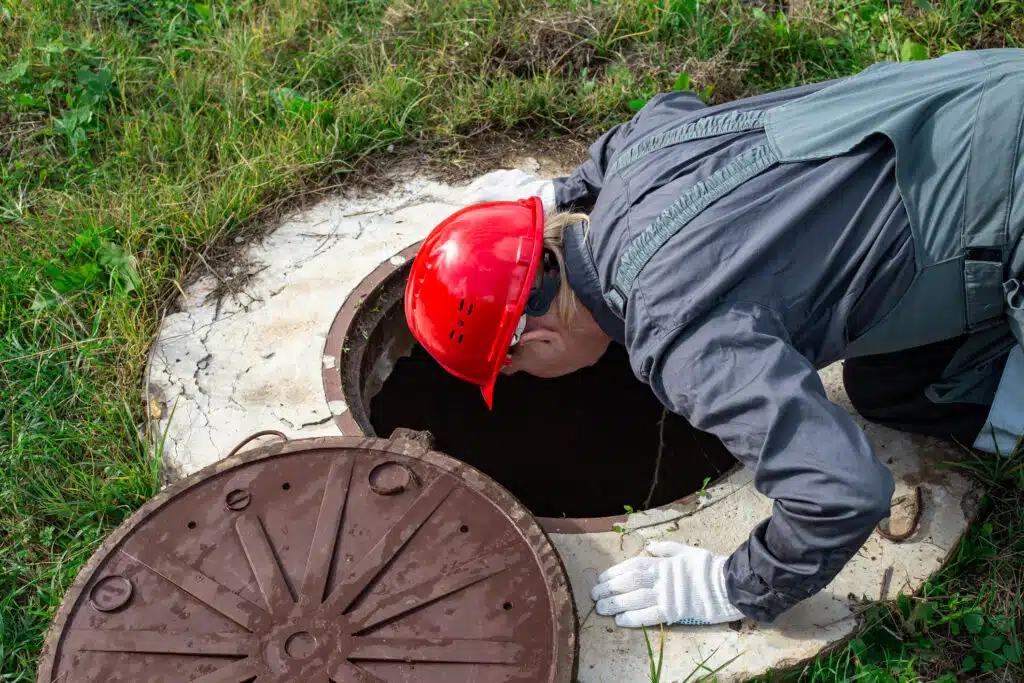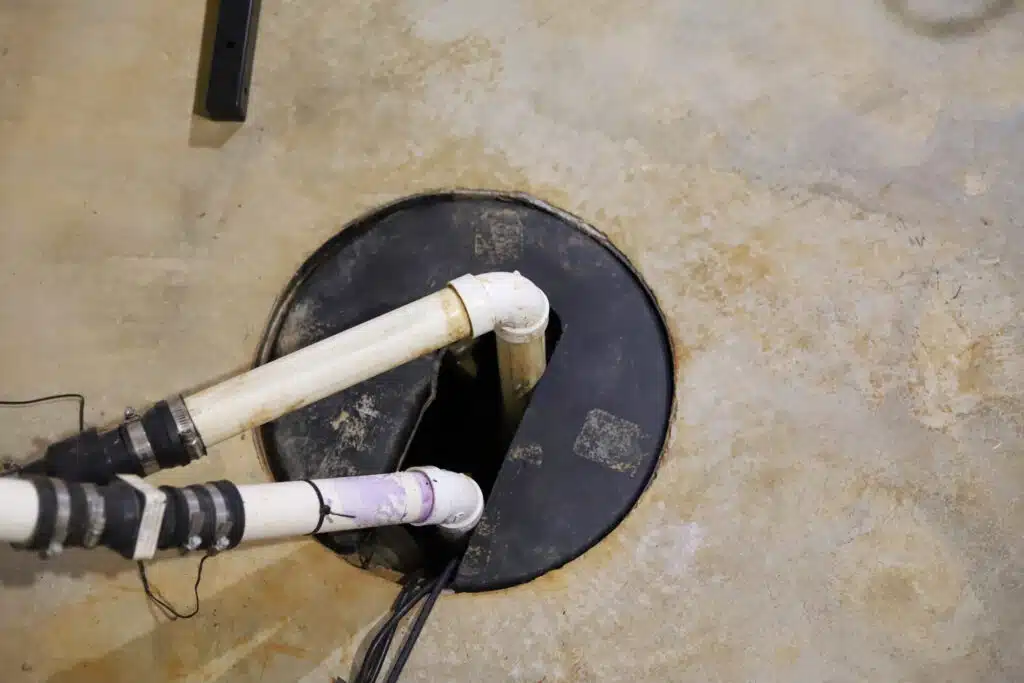Heading out for a winter getaway? Don’t let plumbing disasters ruin your return home! Winter weather can be harsh on your plumbing system, especially in areas like Lancaster, PA, where freezing temperatures are common. Pipes can freeze, burst, and cause water damage, leading to expensive repairs and a not-so-welcome homecoming.
Luckily, keeping your plumbing system safe while you’re away isn’t rocket science. With just a few simple steps, you can prevent problems before they happen and enjoy your trip worry-free. Ready to dive in? Let’s get started!
Why Protecting Your Plumbing System Is Crucial During Winter Travels
Risks of Frozen Pipes
Frozen pipes are one of the most common issues homeowners face during the winter, and they can wreak havoc on your plumbing system. Here’s why they pose such a serious risk:
- Expansion of Frozen Water: When water freezes, it expands inside the pipe, creating immense pressure that can cause cracks or complete bursts. This can lead to significant damage that requires costly repairs.
- Unheated Areas at Risk: Pipes located in colder parts of your home, like basements, attics, and garages, are especially vulnerable because these areas often lack adequate insulation. Without protection, the extreme cold can easily freeze any water inside.
- Potential Flooding: A burst pipe can release gallons of water into your home within minutes, causing widespread damage to floors, walls, and personal belongings. This can quickly turn into an overwhelming and expensive cleanup process.
- Costly Repairs and Disruptions: Fixing burst pipes and repairing water damage can be extremely expensive and time-consuming. Beyond the financial burden, it can disrupt your daily life and require extensive restoration efforts.
Taking proactive steps to safeguard your plumbing system from frozen pipes is not just a preventative measure; it’s a necessity to protect your home and avoid unnecessary stress.
Potential Water Damage
The aftermath of a burst pipe is more than just a wet mess; it can destroy your walls, floors, and furniture and lead to mold growth. Water damage from leaks or flooding is not only costly to repair but can also compromise the structural integrity of your home.
In areas prone to freezing winters, neglecting your plumbing system could result in significant damage during extended absences. Properly safeguarding your home helps you avoid these expensive and time-consuming repairs.
Peace of Mind
Preparing your plumbing system before you leave ensures that you won’t have to worry about potential disasters ruining your home. When you know your pipes are insulated, leaks have been addressed, and other precautions are in place, you can relax and enjoy your trip.
Peace of mind is invaluable when traveling, and taking these simple steps provides reassurance that everything will be fine. A little preparation goes a long way in preventing major inconveniences.
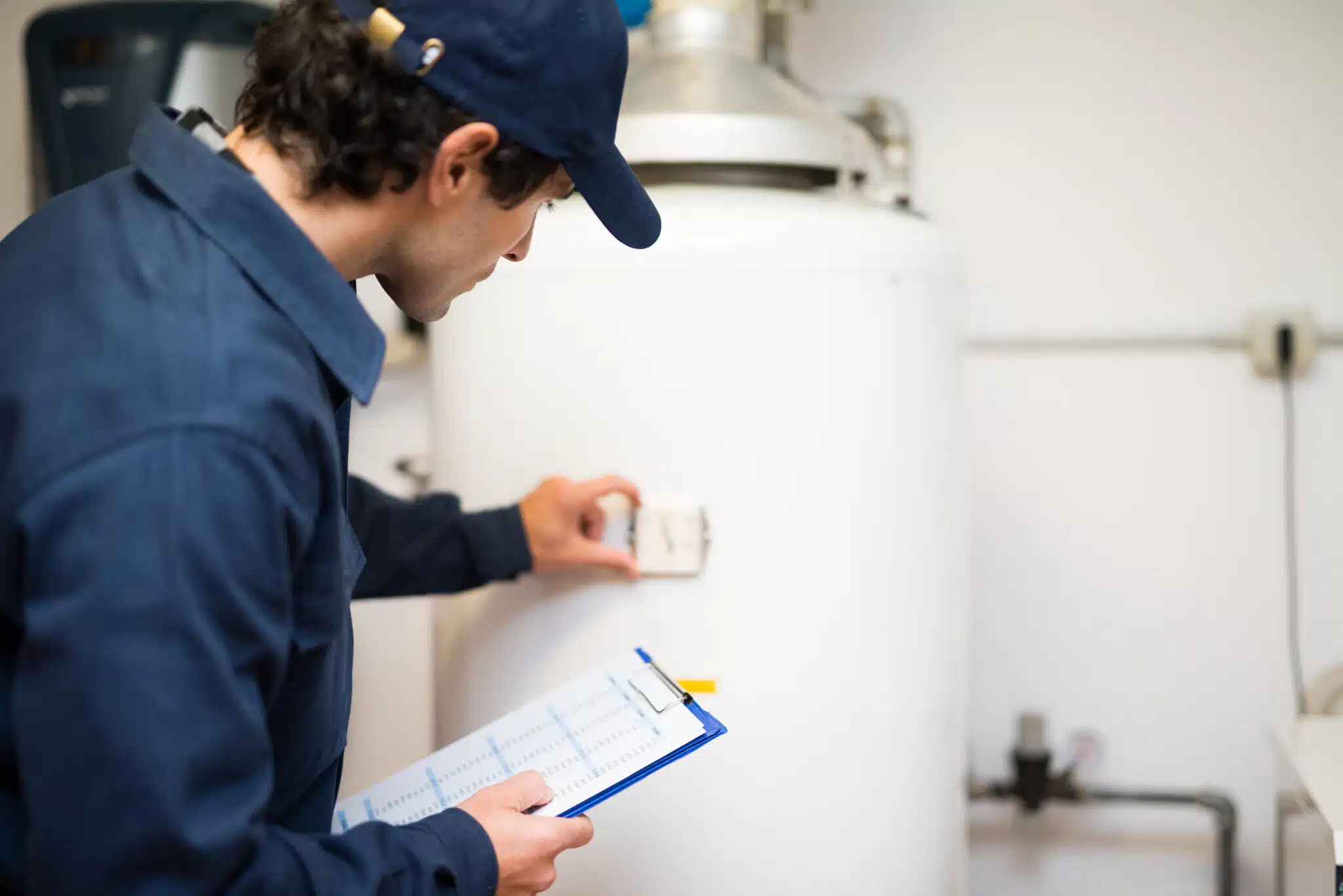
Pre-Travel Plumbing Preparation Checklist
Inspect for Leaks
Before leaving for your winter trip, it’s important to thoroughly inspect your home for leaks. Check under sinks, around faucets, and near water heaters for any signs of dripping or pooling water.
Even small leaks can worsen over time and cause significant issues, especially in freezing weather. Fixing these problems ahead of time ensures your plumbing system is in top shape and prevents unexpected water damage while you’re away.
Turn Off the Water Supply
Shutting off your main water valve is one of the simplest and most effective ways to prevent plumbing disasters while you’re gone. This step ensures that even if a pipe does freeze or break, there won’t be a flood of water to deal with.
Most homes have a main water shut-off valve located near the water meter or where the main line enters the house. Turning it off takes just a moment and offers peace of mind that no water will flow through your system during your absence.
Drain Your Pipes
Once you’ve turned off the water supply, it’s a good idea to drain your pipes to remove any remaining water. Open all faucets and flush your toilets to clear the lines of water that could freeze and cause damage.
Don’t forget about appliances like dishwashers and washing machines, which may also have water sitting in the lines. By fully draining your system, you’re reducing the risk of frozen pipes and the expensive repairs that can come with them.
Protecting Pipes From Freezing
Insulate Exposed Pipes
Exposed pipes in cold areas like basements, attics, and garages are especially vulnerable to freezing during winter. Wrapping these pipes with foam insulation or thermal tape is a quick and affordable way to protect them.
Insulation helps maintain the water temperature inside the pipes and keeps the cold air out, reducing the risk of freezing. This extra layer of protection can save you from the stress and expense of dealing with burst pipes when you return.
Keep the Heat On
Maintaining a consistent temperature inside your home is essential for preventing frozen pipes while you’re away. Set your thermostat to at least 55°F to ensure that your home stays warm enough to keep the plumbing system safe.
This small adjustment helps regulate the temperature in areas where pipes are located, even if you’re not there. While it may slightly increase your energy bill, it’s a small price to pay compared to repairing water damage.
Open Cabinet Doors
Opening cabinet doors in kitchens and bathrooms is an easy way to let warm air circulate around pipes. Pipes under sinks and in other enclosed spaces are often exposed to colder temperatures, especially during extended periods of freezing weather.
By leaving these cabinets open, the heat from your home can reach these vulnerable areas and help prevent freezing. This simple habit is an effective and hassle-free addition to your winter travel preparations.
Preparing Your Water Heater
Adjust the Temperature
Before you leave, set your water heater to a lower temperature or switch it to vacation mode if it has that option. This reduces energy consumption while you’re away and prevents unnecessary strain on your system during cold weather.
Lowering the temperature ensures your water heater remains functional without heating water you won’t be using it. It’s an energy-efficient step that also minimizes wear and tear on your equipment.
Turn It Off (Optional)
If you plan to be gone for an extended period and have already shut off your water supply, consider turning off your water heater entirely. This step is especially useful for older models without a vacation mode, as it eliminates any risk of damage caused by heating an empty tank.
Be sure to consult your owner’s manual to confirm whether it’s safe to turn your water heater off. Taking this precaution helps avoid potential issues while saving energy costs.
Outdoor Plumbing Precautions
Disconnect Garden Hoses
Outdoor plumbing is often overlooked but can be a major source of problems in freezing temperatures. Make sure to disconnect and drain all garden hoses to prevent water from freezing and backing up into the pipes.
Leaving hoses attached can cause pressure to build up, leading to cracks or bursts in the plumbing system. Storing hoses indoors during the winter is an easy way to keep your outdoor plumbing safe.
Shut Off Outdoor Faucets
Outdoor faucets should also be turned off and drained to prevent freezing. Locate and shut off the valve that controls water flow to outdoor spigots, then open the faucets to let any remaining water escape.
If your home has frost-free faucets, you may not need to drain them, but it’s always a good idea to check for proper winterization. This step ensures outdoor pipes and faucets stay intact through the cold season.
Clean Gutters and Drains
Clogged gutters and drains can lead to ice buildup around your home, which might indirectly affect your plumbing system. When water freezes, it expands and can create pressure on pipes or block proper drainage.
Clearing leaves and debris from gutters and downspouts before winter ensures water flows freely and reduces the risk of ice dams. Keeping your drainage system clear protects both your plumbing and the structural integrity of your home.
Using Smart Technology to Monitor Your Plumbing System
Smart Water Leak Detectors
Smart water leak detectors are a fantastic way to keep tabs on your plumbing system while you’re away. These devices alert you to potential leaks in real time, so you can act quickly to prevent major damage.
Many models can be connected to your smartphone, allowing you to monitor your home no matter where you are. Installing leak detectors near water heaters, sinks, and other vulnerable areas provides an extra layer of protection.
Temperature Monitoring
Temperature-monitoring devices help you ensure your home stays warm enough to prevent freezing pipes. These gadgets can be programmed to send notifications if your home’s temperature drops below a safe level, giving you a chance to respond before a problem arises.
Pairing a temperature monitor with a smart thermostat can also help maintain consistent warmth throughout your house. This technology is especially useful for homes in areas like Lancaster, PA, where winters can be unpredictable.
Remote Shut-Off Systems
For ultimate peace of mind, consider installing a remote shut-off system that lets you turn off your water supply from anywhere. These systems are controlled via an app and can be programmed to respond automatically to leaks detected by smart sensors.
In the event of an emergency, a remote shut-off system can stop water flow immediately, minimizing damage. It’s a high-tech solution that’s worth the investment if you frequently travel during winter months.
Emergency Contact Preparation
Keep a Plumber’s Number Handy
Even with the best preparations, emergencies can happen, so it’s smart to have a trusted plumber’s contact information ready. Look for a reliable plumbing service in your area, like those serving Lancaster, PA, who can respond quickly to any issues.
Keeping this number in your phone or written down ensures you won’t waste time searching for help in a crisis. A quick response can make all the difference in minimizing damage.
Notify Your Plumber
If you’re planning an extended trip, consider notifying your plumber about your travel plans. Some plumbing companies offer proactive services, like seasonal inspections or on-call support, to help protect your home while you’re away.
Letting them know you’ll be out of town allows them to prepare to assist if needed. It’s a simple step that can give you added peace of mind during your travels.
Steps to Take Immediately Upon Returning Home
Check for Signs of Damage
When you return home, the first thing you should do is inspect your plumbing system for any signs of damage. Look for leaks under sinks, around faucets, and near water heaters, as well as puddles or water stains that might indicate a hidden issue.
Listen for unusual noises like hissing or banging, which could signal a problem with your pipes. Catching these issues early can save you from more significant repairs down the road.
Gradually Turn the Water Back On
After a winter trip, turning your water supply back on requires a bit of care. Start by opening a faucet slightly to allow air to escape, then slowly turn on the main water valve.
This gradual process prevents a sudden surge of pressure that could stress your pipes. As the water flows back into the system, check for any strange sounds or signs of leaks to ensure everything is functioning properly.
Inspect Outdoor Plumbing
Outdoor plumbing can be especially vulnerable during the winter, so it’s crucial to check it thoroughly upon your return. Look for cracks or damage on outdoor faucets, hoses, and irrigation systems.
Turn on the faucets briefly to ensure water flows properly and there are no blockages from ice or debris. Addressing any issues promptly keeps your outdoor plumbing in good shape and prevents problems from escalating.
Benefits of Safeguarding Your Plumbing System
Avoiding Costly Repairs
Preparing your plumbing system before leaving can save you from the high costs of repairs caused by frozen pipes, leaks, or floods. Fixing a burst pipe or repairing water damage can quickly add up, but these expenses are entirely avoidable with the right precautions. Spending a little time and money on preparation now can help you avoid a hefty repair bill later.
Saving Water
Leaks and burst pipes can waste an incredible amount of water, which not only drives up your utility bill but also harms the environment.
By protecting your plumbing system during your winter travels, you’re ensuring no water is wasted while you’re away. Conserving water is a win-win for your wallet and the planet, making it a smart choice for any homeowner.
Protecting Your Home’s Value
Keeping your plumbing system in good condition is essential for maintaining your property’s value. Water damage can weaken your home’s structure and leave lasting issues that impact resale value.
Proactively safeguarding your plumbing system ensures your home remains in excellent shape, protecting your investment for years to come. A well-maintained home is not only more comfortable to live in but also more attractive to future buyers.
Keep Your Plumbing System Safe with Local Experts in Lancaster, PA!
Winter travels shouldn’t come with the worry of plumbing disasters back home. At Benjamin Franklin Plumbing of Lancaster, we specialize in preparing and protecting plumbing systems for the coldest months.
From inspections to expert advice tailored for Lancaster’s winters, our trusted team is here to ensure your home stays safe while you’re away.
Don’t let freezing pipes or water damage ruin your peace of mind—call us today to schedule your winter plumbing preparation and travel stress-free!
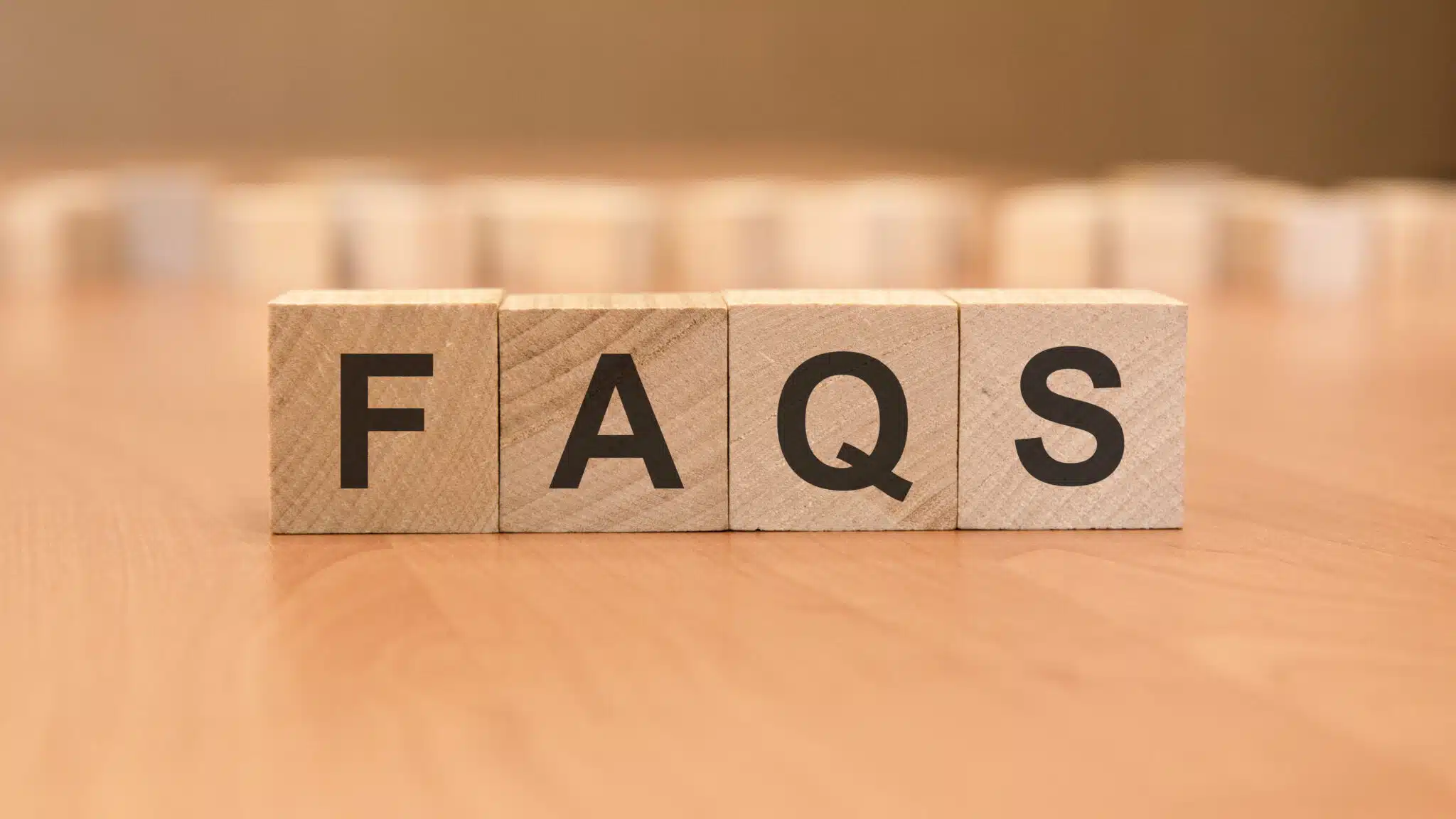
Frequently Asked Questions (FAQ)
Should I turn off the water when traveling in winter?
Yes, turning off your main water valve is one of the most effective ways to protect your plumbing system during winter travels. By shutting off the water supply, you eliminate the chance of leaks or flooding caused by frozen or burst pipes. This simple step ensures your home remains safe from water damage while you’re away.
How can I tell if my pipes are frozen?
Frozen pipes in your plumbing system can often be identified by visible frost on the outside of the pipe or by a noticeable drop in water flow. In severe cases, pipes may bulge or make unusual noises as water inside them freezes and expands. Acting quickly when you spot these signs can prevent further damage to your plumbing system.
What temperature should I keep at home while away?
It’s recommended to maintain your thermostat at a minimum of 55°F to ensure your plumbing system stays warm enough to avoid freezing. This temperature helps keep water moving through pipes and prevents the cold from reaching vulnerable areas.
Can smart devices really prevent plumbing disasters?
Yes, smart devices like water leak detectors and remote shut-off systems are excellent tools for monitoring your plumbing system while you’re away. These devices send alerts to your phone if they detect leaks or temperature drops, giving you the ability to act quickly.
Do outdoor faucets need extra protection in winter?
Yes, outdoor faucets are among the most vulnerable parts of your plumbing system during freezing temperatures. Disconnecting hoses, shutting off the water supply to outdoor spigots, and draining any remaining water are essential steps to prevent freezing.








